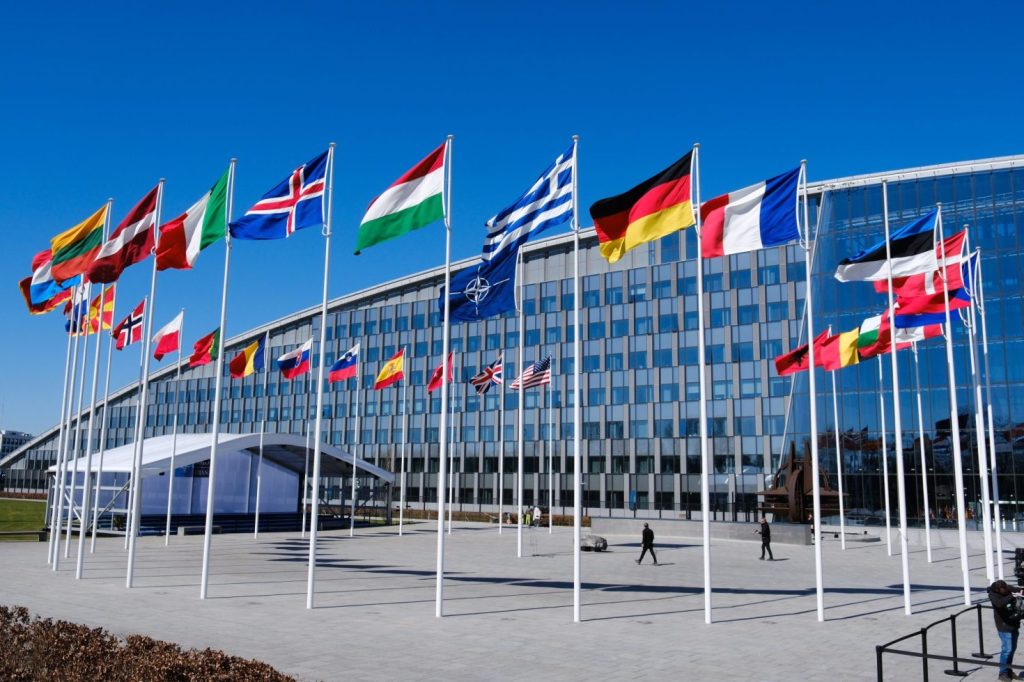3 ways Europe’s sustainability reset will affect corporate planning and policy
Scaled-back reporting requirements will likely occur in multiple phases. Read More

As the Trump administration initiates a massive offensive against public health and environmental precedents and priorities, Europe is also undergoing a sustainability reset. Although not as radical as the U.S. version, it too has major implications for business planning, government policy and stakeholder priorities.
Three questions are paramount: What’s driving the reset in Europe? What changes are likely to emerge? And how should businesses adapt?
Greater representation of conservative and fascist parties in individual national legislatures and the European Parliament are playing a large factor, as noted in a Trellis piece last month. Beyond politics, though, is the fact that many sustainability proposals aren’t well understood by the public or have catalyzed significant opposition from business. These include an alphabet soup of newer reporting initiatives, climate-related tax adjustments, or regulatory requirements intended to decarbonize European economies in future decades.
At the same time, a number of bedrock European industries — auto manufacturing, chemicals, Germany’s Mittelstand-sized companies — face higher business costs from regulatory compliance, changing consumer demands, trade competition (electric vehicle exports from China, for example) and new technologies such as artificial intelligence (a sector where European business has no major global assets).
Of course, the Trump administration’s attempts to pull back environmental policy commitments and investments has also slowed down important momentum across sustainability policies important to Europe.
Three likely changes
Given these factors, what does the European sustainability reset actually look like? It’s important to note that revised sustainability requirements will not fall equally upon private businesses. As of now, three major changes seem likely:
- Significant reduction in the number of companies required to report their negative impacts upon the environment and society under the Corporate Sustainability Reporting Directive (CSRD). This outcome reflects exemptions for small and medium-sized enterprises and increased minimums in enterprise revenue and number of employees that, together, could reduce the number of reporting firms by 80 percent.
- Scaled-back due diligence requirements to calculate human and environmental risk for all direct value chain participants through the Corporate Sustainability Due Diligence Directive (CSDDD).
- Major revisions in the Carbon Border Adjustment Mechanism (CBAM) that will avoid added costs for material shipments between customers and suppliers across European borders.
These and other proposals will be voted upon later this year through the Omnibus Simplification Package. Untouched in this evolving compromise is the provision for enterprises to conduct double materiality assessments of their financial and environmental impacts. In early March, the EU reaffirmed its commitment to require zero emission automobiles by 2035. This, too, will likely be the subject of a future debate as the newly-elected German government formalizes its agenda. Arrayed against these salient business drivers, the sustainability reset will likely evolve in multiple phases across several decades.
The path forward
Given the multiple phases of rollouts, larger companies with operations in Europe will need to remain prepared to submit currently required reports even if they become less voluminous.
More specific business responses could consist of the following:
- Reassessing staffing and budgeting requirements for current and revised reporting mandates. This becomes especially important as the EU and individual European governments and many American states will choose differentiated, yet overlapping reporting frameworks.
- Preparing for expected deadlines even if they are delayed through the Omnibus process. Executives of several Fortune 100 companies told me they plan to continue their present planning expectations in Europe and maintain the stability and efficiencies of a globally-integrated approach across their businesses.
- Following through on announced commitments. This includes Scope 1, 2 and 3 climate reporting, stakeholder collaborations and European DEI programs (whether called by that name or using other terminology).
- Continuing to work closely with suppliers to navigate changing tax, environmental reporting and other disclosure requirements as well as advancing progress in the sustainability of supplier operations.
- Deciding whether to move forward on business strategy decisions and investments including renewables, electrifying facilities and zero-emission vehicles.
Enterprises have no choice but to manage multiple uncertainties today. An insightful perspective for navigating the currently rough waters is provided by my U.K. colleague Mike Barry, a former Marks & Spencer senior executive, who noted: “Companies always overestimate short-term risk and underestimate long-term change. Mistakenly seeing risk through the lens of one-off events and not as a ‘system’ of overlapping interconnected events.”
Sustainability professionals must stay mindful of an essential role: to strengthen businesses’ ability to improve current living standards while delivering sustainability benefits for the present and future through democratic political systems — regardless of the reset in Europe.
















